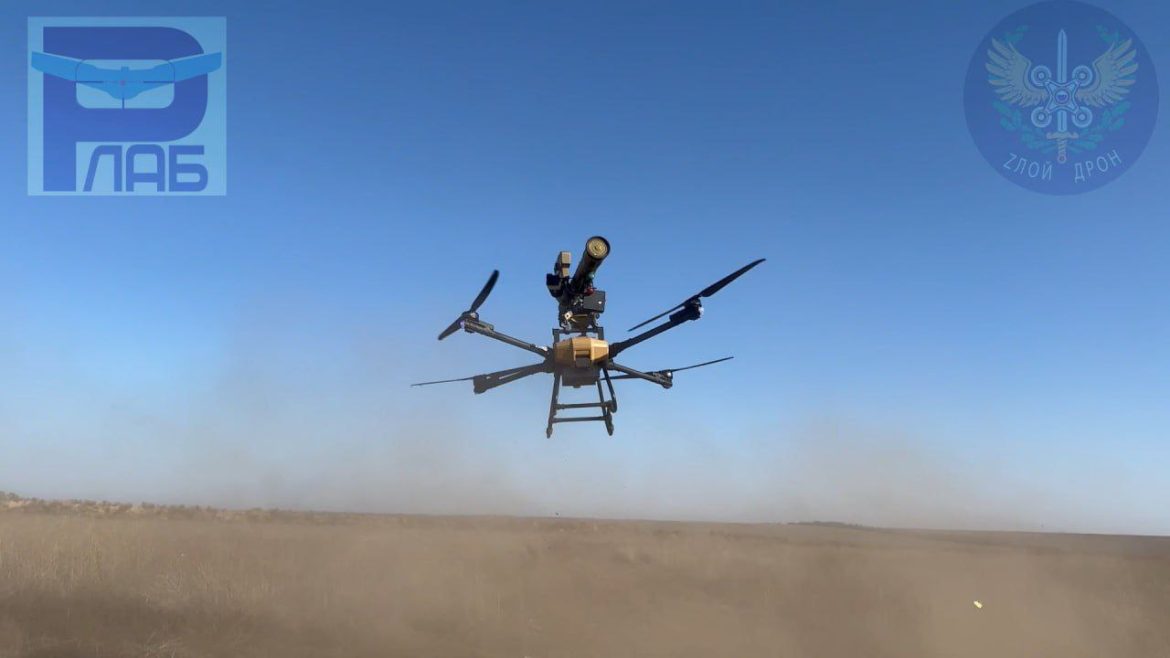Russia has developed a new unmanned aerial vehicle capable of carrying and operating the wire-guided anti-tank missile system 9K111 Fagot independently, allowing it to engage targets without direct human control.
Given its potential far-reaching implications for modern warfare, military analysts are closely monitoring this development.
The ability of the unmanned aerial vehicle to launch an anti-tank missile independently raises questions about the future of unmanned combat and the potential for increased automation on the battlefield.
Introducing such advanced military technology could alter the balance of power and compel other countries to accelerate their developments in unmanned warfare.













